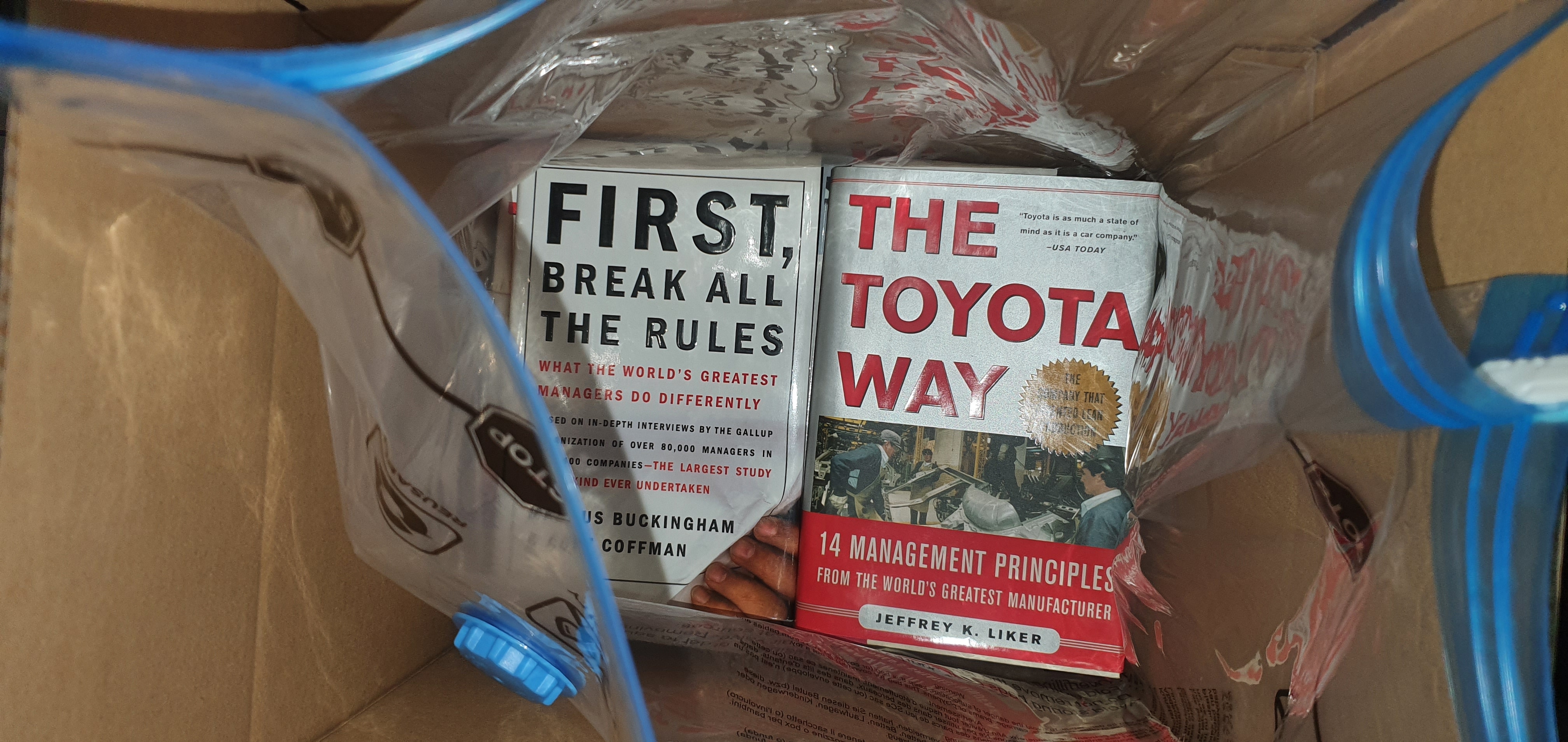
The Rabbit Hole of Thought
This is how my Saturday morning started…
“I must be old fashioned.”
“I hold old fashioned beliefs.”
“Where these actually fashionable at some point?”
“OK, so there were partial drives into these topics and some partial flashes in the pan.”
“These are more underlying features of human systems that I’m resurfacing….”
“Gosh I tire myself thinking sometimes…”
That’s how the start of this article went. I could feel that I wanted to articulate a big message but couldn’t figure how to condense it into a byte-sized or a bite-sized piece. Then I disappeared down my own thinking rabbit holes. I like to go deep on a topic and uncover varying and opposite views so I can form my own opinion; it’s hard for me to write a post and not an article.
The Push into the Deep End
All of this started quite innocuously this Saturday morning. Life is providing me once again with an opportunity to learn. Whilst I have been hesitating for a while on the edge of the pool, dipping my big toe and deciding that maybe I’d wait a little longer, it has decided to give me a push and throw me in once again at the deep end.
My temporary lodgings, which have been temporary for three years, are being sold. I need to move. Whilst this has been a choice point* simmering in the background for a while, my reluctance to act has been fuelled by the far larger implications affecting my personal life (which is why we hesitate about acting, right?).
A Library in Boxes
Now I need to act, and given the uncertainty, I’ve decided to deep-store my books. Over the course of my life, I have accumulated a certain volume of books covering mostly the topics of my special interests: lean manufacturing and quality systems and their improvement, organisational change and transformation, human psychology and sociology (including a vast amount on neurodiversity), organisational systems and structures, spirituality, learning and self-development.
These were all stored in large cardboard boxes that removal companies can no longer process, so I have started transferring them into smaller boxes. The content of each box is scanned and recorded in an app to know which book is where, and then I vacuum seal it to preserve it in time whilst the unknown unfolds.
As I have started processing each book one by one, I have taken measure of just how many books I have read over time and have been feeling overwhelmed by the resurfacing of this body of knowledge.
I am realising how all of this is part of a wider inner movement. Recently, I wrote a book, How Might We?, which is a summary of this 20-year plus body of knowledge, trying to expose what is available out there for application in your dwellings with organisational challenges.
Tsundoku and a Flood of Questions
Coming back to this Saturday, I suffer from a not so rare condition that the Japanese call Tsundoku: the habit of acquiring more books than you can read. This is accompanied in my case by wishful piles of books that I’ll read some day. One of these is a rare book by William Torbert about personal and organisational transformations that talks about the intertwining of personal and organisational development in continual quality improvement.
I didn’t want to vacuum seal this one without having read it, so I sat down to read it.
It all came flooding back. Quality, TQM, customers, value, long-term transformation… with a question: Are these foundational books written in the 90s, referring to earlier authors like W. E. Deming, still relevant? As my thoughts expanded: is my body of knowledge still relevant in an age of AI and what I call the Smash and Grab economy? Are there still any lessons to be learnt from these books? Should I vacuum seal them or simply burn them on a liberating bonfire?
The Disconnect of the Digital Age
As you can imagine, these questions have led me into a deep soul-searching process, comparing these ideas, beliefs and values to recent client needs, situations and experiences.
I haven’t escaped the rush on AI and have been working with some software and retail companies following the trend to use AI. Having been on the inside and on the receiving end, I observe that these algorithms are often programmed by young adults who aren’t aware just how much they can impact the system they are programming. Beyond the code, they are impacting the livelihoods of people.
Someone coding an algorithm in the lazy economy impacts the delivery couriers, the host, the customers, and anyone part of the system. What they consider an improvement can be life-changing on the receiving end. I have been told that they continuously monitor customer or “partner” feedback, but I have also seen how disconnected this is from the actual experiences of those impacted. It reminds me of the days of old when management was disconnected from factory worker experiences.
As we go increasingly virtual, I am beginning to believe that the body of knowledge I was referring to is of greater importance. Clients are losing the grounding that human systems are made of. We cannot digitally change human systems by pretending they don’t exist or respond in certain ways. The books of the 90s were trying to understand how to create environments in which people were more productive. In most cases, there was an intention for a long-term relationship with the employees in that system, helping them to learn and grow.
Transformation Takes Time, Not an App
Granted, the theme has always been to serve the interests of capitalism in one form or another. I have held the belief that it’s hard to completely remove oneself from this system, but that within it, you can create conditions for self and others that lead to better self-awareness, development, growth and learning. I have helped many people leave their job for something more aligned with their values, and many organisations build their foundations for better working.
Torbert’s book posits that organisations can only learn and transform through individual transformation. That each manager is often three personal transformation cycles away from what is needed to transform their assumptions about power structures and ways of working. Each cycle takes about two years at best. So yes, a deep transformation takes time and requires a long-term commitment. This is why change and transformation aren’t on-demand endeavours; you must build an organisation that is continually reflecting and learning. Whilst this won’t prevent challenges and difficulties, it will increase the probability of better outcomes and enhanced resilience.
Does that remain valid in these fast-moving times? Again, my observation is that just like on our personal journey, when we haven’t understood a lesson, it keeps coming up until it is mastered. Organisations aren’t immune. They keep getting offered choice points until these blow up into a crisis if unaddressed. I’ve been lucky enough to follow some organisations over six to eight years now, and the initial structural issues are resurfacing constantly.
One client of mine I’m now helping to rebuild after a major crisis, which involved some painful and costly separation with key members of staff. We’re now implementing what previously seemed too much or too soon. The owners have been through their own personal transformations, accelerated by some harrowing months of crises, and are now at the level where they can see the need for a certain type of structure, power distribution and way of working. Could they have done this earlier? I think we need to be ready, and sometimes, part of the trials help us become ready.
The Verdict: Timeless, Not Old-Fashioned
So, to answer my own question about whether the lessons from the 70s to 90s are still relevant, I believe this was a particularly affluent period where much was theorised and written about systems in the place of work. Much was experimented with (not necessarily with the initial intent or with success), and we have a wealth of case studies to see what to do and what not to do.
We can see that contexts have changed; the finance guys took over and replaced values with balance sheets; solid performers have withered and died. I still believe that everything has been written, and is there for us, if only we are willing to delve into it. Human systems are human systems; management and societal fads have always existed and will continue to do so. But the true wealth lies in the underlying lessons we can learn from how human systems (organisations) are born, live, transform and die.
This is equally valid today as it was 40 years ago, because organisations are living beings with stages of development and inherent behavioural logics. And if you’re worried about the size of the body of knowledge or don’t have time to read the books, reach out! I love reading the books and, more than anything, applying these theories and organisational frameworks to real life situations, supporting growth and long-term transformation built on solid foundations.
#OrganisationalChange #BusinessBooks #Leadership #OrganisationalPsychology #Transformation #LongTermThinking #Management #ContinuousImprovement #CompanyCulture #PersonalDevelopment
*A choice point is an invisible, pivotal moment where individuals or organisations either evolve intentionally or unravel reactively. Read my Substack series on the topic for a detailed exploration of these vital yet overlooked moments.
